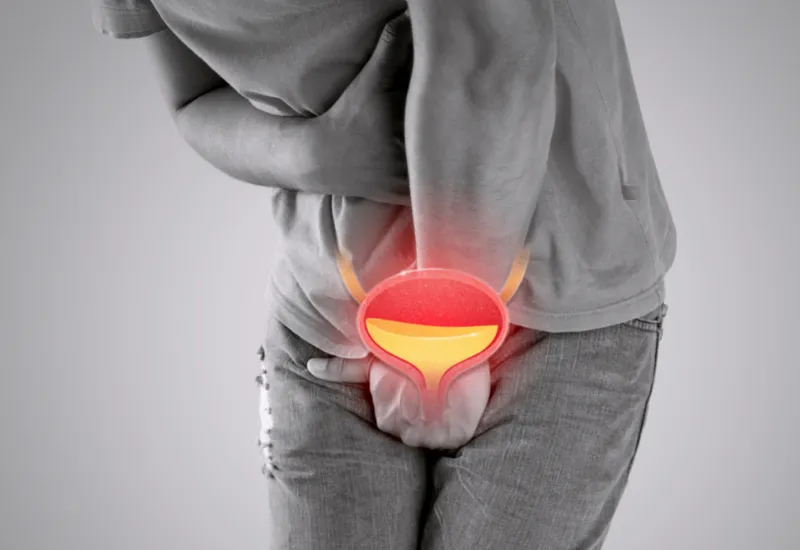
Urinary tract infections (UTIs) can be uncomfortable and, in some cases, serious if not properly managed. Both men and women can take several steps to protect their urinary tract from infections:
General Tips for Both Men and Women
- Stay Hydrated:
Drink plenty of water throughout the day to help flush out bacteria from the urinary tract.
- Practice Good Hygiene:
Wash the genital area thoroughly but gently every day.
Always wipe from front to back after using the toilet to prevent bacteria from the anus from entering the urethra.
- Urinate Regularly:
Don’t hold urine for long periods; urinate when you feel the need.
Empty your bladder completely when you urinate.
- Urinate After Sexual Activity:
Urinating after sex helps flush out any bacteria that may have entered the urethra during intercourse.
- Wear Breathable Underwear:
Choose cotton underwear and avoid tight-fitting clothes to keep the genital area dry and reduce bacterial growth.
- Avoid Irritants:
Steer clear of perfumed products like sprays, powders, and douches that can irritate the urethra.
Additional Tips for Women
- Consider Probiotics:
Probiotics, especially those containing lactobacilli, can help maintain a healthy balance of bacteria in the urinary and vaginal areas.
- Avoid Certain Birth Control Methods:
Diaphragms, spermicidal agents, and unlubricated or spermicide-treated condoms can increase the risk of UTIs. Discuss alternative methods with your healthcare provider if you frequently get UTIs.
- Menstrual Hygiene:
Change sanitary pads and tampons regularly during menstruation to prevent bacterial growth.
Additional Tips for Men
- Stay Circumcised:
Circumcision has been shown to reduce the risk of UTIs in men, especially in infants and young boys.
- Prostate Health:
Regular check-ups for prostate health are important, especially for older men, as an enlarged prostate can lead to urinary retention and increase the risk of UTIs.
Dietary Considerations
- Vitamin C:
Vitamin C can make urine more acidic, potentially inhibiting bacterial growth. Include citrus fruits and other sources of vitamin C in your diet.
- Healthy Diet:
Maintain a balanced diet rich in fruits, vegetables, and whole grains to support overall immune function.
- Regular Check-ups:
Regular visits to your healthcare provider can help monitor and manage any underlying conditions that may increase the risk of UTIs.
- Medications:
For those who experience frequent UTIs, a healthcare provider might prescribe low-dose antibiotics for a period or post-intercourse antibiotics for women who get UTIs frequently after sex.
- Hormonal Therapy:
Postmenopausal women may benefit from vaginal estrogen therapy to help prevent UTIs.
By following these strategies, men and women can reduce their risk of developing urinary tract infections and maintain better urinary tract health.